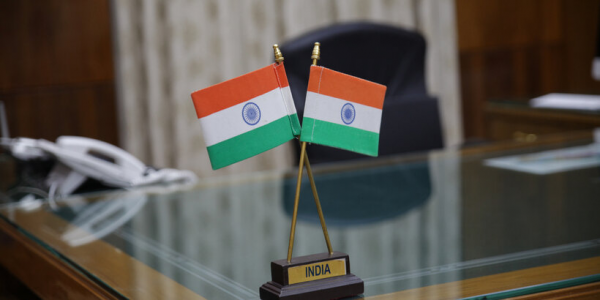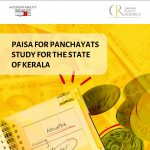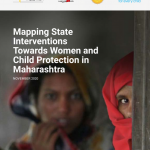
A Lesson To Remember For Officer Trainees
17 August 2022
Every year, I get a chance to interact with officer trainees who have joined the higher bureaucracy and are under training in the Lal Bahadur Shastri National Academy of Administration (LBSNAA). It is an experience that I cherish.
Sometimes, I smile to myself that I should have been chosen to speak at the Mussoorie-based Academy. Looking back at my stint there, I was an unremarkable Probationer – we were known by that rather unflattering term – not the more dignified ‘Officer Trainee’ as at present. I bunked classes, daydreamed through them, and wrote inland letters hidden in my notes. I was argumentative, facetious, and rude on occasions.
It all started by accident, I suppose, my being called back to the Academy to speak. In my aimless sailing through a generalist space, I struck anchor in the port of local governments and decided to stay. It turned out that I was one of the few officers who were considered capable of speaking to young officers in the field of democratic decentralisation.
For the last two batches selected into the civil services, life has been difficult. The pandemic curtailed their face-to-face training sessions and must have come in the way of building up the camaraderie that happens when one is confined for months in a training academy away from big cities. The training faculty had to rework their training approach in light of this isolation. Many of the field visits, which play a big part in the overall training of the officers, had to be curtailed, postponed, or given up altogether.
The Mussoorie Academy has coped with these constraints very well. Notable is that they have created a system for online review, of the various assignments given to the officers. This intranet is well constructed and easy to use; something that I would never have believed could have been done. But, however good the online engagement between the faculty and the trainee officers, it cannot be a substitute for face-to-face interaction.
Some of what I saw, through my limited online interaction, were matters of relief. First, the officer set is much more diverse than it was before. The examination system is now attracting people from varied circumstances. The field is no longer confined to those from the big metropolises, from college and social cultures that provided the stream of recruitment for the bureaucracies of yesterday. There are many who have made the tough journey from poverty to the civil services.
I met someone who was the daughter of a labourer, and another of a health inspector and a sub-postmaster. One individual worked as a fireman and left his post only on the day before he traveled to Mussoorie to join the Indian Administrative Service. The number of women has grown, to about one-third of those selected. There is a rise in the number of persons drawn from deprived sections of society, including the SCs, STs, and other minorities.
During my interaction, I was also struck by the commitment and drive of many of the officers. They spoke passionately about their work, gave measured answers to tricky questions, and responded positively to suggestions for improvement.
Yet, what could erode their resolution, is the fact that they are now celebrities, in a way that no previous generation of officers has been. A check on social media will reveal the extent to which newly recruited officers are celebrated. Some of the celebrations are indeed useful. Countless aspirants for these tough competitions wish to know the strategies of those who made it; how they prepared for their examinations and they handled their interviews. Therefore, their videos of mock interviews and their talks on news channels are all grist to the mill of the coaching classes and tutorials industry.
But the celebration does not stop there. Videos of IAS officers’ variety entertainment programmes in the Mussoorie Academy are now viral. Officers tweet from glamorous locations. They have fan followings on social media. They now are no longer seen as messiahs to rescue India from indifferent governance; they have an aspirational lifestyle, a dream to emulate by those who wish to escape from a mundane, rule-bound existence, to a level where they set the rules.
This can and has gone to people’s heads. Officers soon begin to live out the roles that their fans set out for them. It takes a level-headed officer to fight back the lures of celebrityhood and focus on the tough and un-glamorous parts of running an administration effectively. Those who succumb to the temptation of playing to the gallery are hollowed out; they do things not because those are the effective things to do, but because they are seen to be popular.
A politician, dependent upon her position on the votes of citizens, is necessarily wedded to such a system. A bureaucrat’s commitment is to a set of rules set by the Constitution, law, and delegated legislation; it is not always set by public opinion. That is a lesson that is tough to remember and abide by.
T.R. Raghunandan is an Advisor at the Accountability Initiative.
Also Read: Teaching About the Government and Bureaucracy in India





